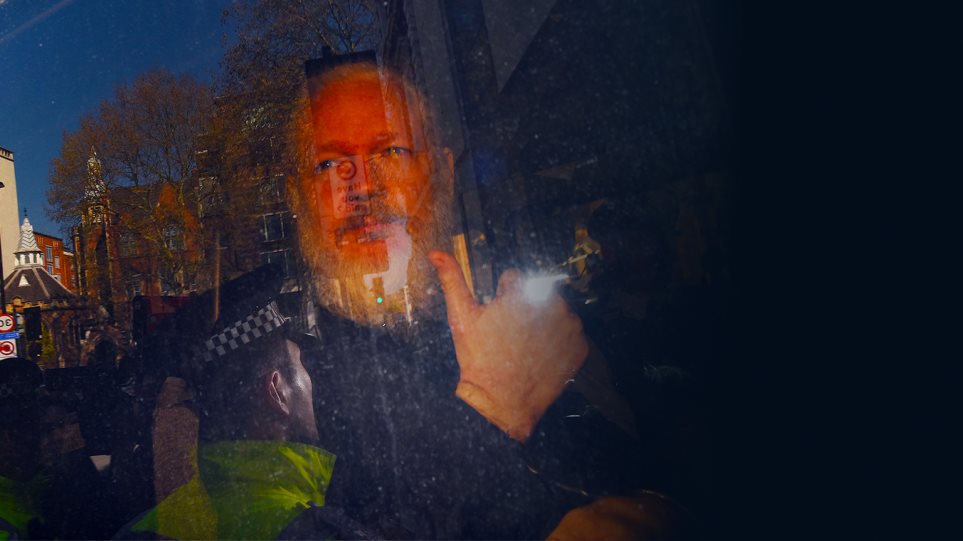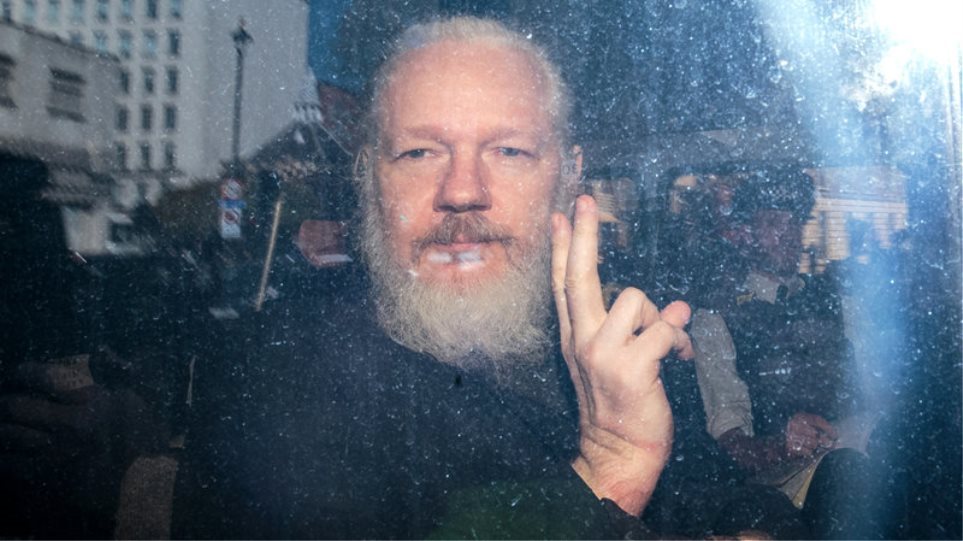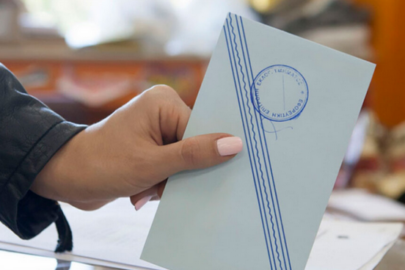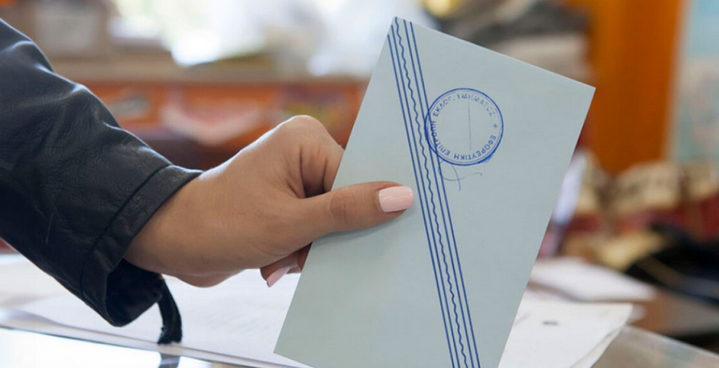A British judge on Wednesday officially approved the U.S. government’s request to extradite WikiLeaks founder Julian Assange, who faces espionage charges for publishing classified material that exposed war crimes by American forces.
The judge’s new and widely expected procedural order, the culmination of a drawn-out legal battle, places the final decision on Assange’s extradition in the hands of U.K. Home Secretary Priti Patel, leaving the WikiLeaks publisher with dwindling options to fight his removal to the U.S.—where he could be hit with a 175-year prison sentence.
Patel is expected to make a final decision by May 18, after which Assange can attempt to appeal via judicial review, Reuters reported Wednesday. As Patel weighs the extradition order, Assange will remain jailed in a high-security London prison, where he has languished for years under conditions that experts have condemned as torture.
Standard & Poor’s: The Greek economy is being upgraded from BB to BB+
Human rights organizations wasted no time urging Patel to reject the extradition order. Allowing it to proceed, they warned, would endanger press freedoms around the world, given that the charges against Assange seek to punish a common journalistic practice.
“Publishing information that is in the public interest is a cornerstone of media freedom,” said Agnes Callamard, the secretary-general of Amnesty International. “Extraditing Julian Assange to face allegations of espionage for publishing classified information would set a dangerous precedent and leave journalists everywhere looking over their shoulders.”
Read more: Salon






































